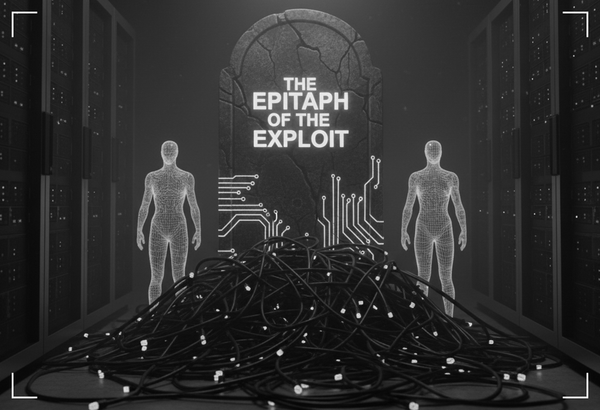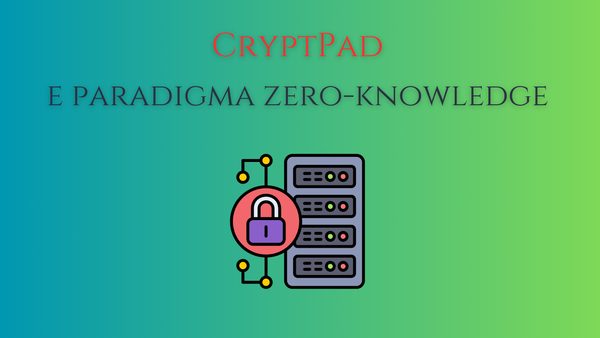Apple's Encryption Dilemma
Apple has recently made a significant decision regarding its encryption practices in the United Kingdom.

Apple has recently made a significant decision regarding its encryption practices in the United Kingdom (https://support.apple.com/en-us/122234). This move comes in response to demands from the UK government, raising concerns about user privacy and data security worldwide.
The UK's demand and Apple's response
Last month, the British government issued an undisclosed order requiring Apple to create an encryption backdoor, giving authorities access to end-to-end encrypted data in iCloud. This demand specifically targeted Apple's Advanced Data Protection (ADP) feature, which provides enhanced encryption for iCloud backups and other stored data.
Faced with this pressure, Apple has chosen to stop offering ADP to users in the UK. This decision effectively turns off its strongest security setting for UK-based users, leaving their data potentially more vulnerable.
Implications for user privacy
The demand for a backdoor into encrypted data raises serious concerns:
- Global impact and precedent: the original demand would have required Apple to create a backdoor affecting users worldwide, regardless of their location or citizenship. This sets a dangerous precedent, potentially leading to similar demands, weakening international privacy standards and creating a fragmented digital landscape where user data is vulnerable to various jurisdictions.
- Increased security risks: any backdoor inherently increases the risk of hacking, identity theft, and fraud for all users. For example, malicious actors could exploit these backdoors to intercept sensitive data, conduct man-in-the-middle attacks, or deploy ransomware.
- Chilling effect: if tech companies are required to weaken encryption, it could discourage innovation in cybersecurity and privacy-enhancing technologies. Companies may be less inclined to invest in strong security features if those features can be readily bypassed.
Broader industry implications
Apple's situation illustrates a growing conflict between the need for authorized data access and user privacy. Other companies offering end-to-end encryption could encounter similar challenges.
The way forward
As professionals in the tech industry, and as concerned citizens, it’s vital to take concrete actions to address this critical issue:
- Support and amplify the work of organizations dedicated to digital privacy rights. This includes groups like the Electronic Frontier Foundation (EFF) and others who actively fight for encryption rights in courts and through public advocacy. Sign petitions and share their content on social media to raise awareness.
- Actively educate users on the importance of end-to-end encryption and the risks of weakened security. Explain in clear, simple terms what ADP is and why it's important. Discuss how a backdoor could make their personal information (photos, messages, financial data) vulnerable.
- Engage with policymakers at the local, national, and even international level to advocate for strong encryption and oppose measures that would weaken it. Communicate with your representatives about the impact of current policy proposals on privacy and security. Advocate for policies that carefully consider the need for national security while protecting fundamental privacy rights. Explain the economic and security risks associated with weakening encryption.
- Collaborate and innovate: we can foster innovation by working alongside tech professionals, security researchers, and privacy advocates to advance privacy-enhancing technologies. Supporting open-source projects focused on security and encryption is crucial. Let's explore alternative solutions that balance the need for authorized access with user privacy.
We can collectively push back against overreach, protect user privacy, and ensure a more secure digital future for everyone. The need for collaboration between tech companies, governments, and security researchers is more important than ever, to find solutions that both address national security concerns and maintain strong encryption for user safety.





